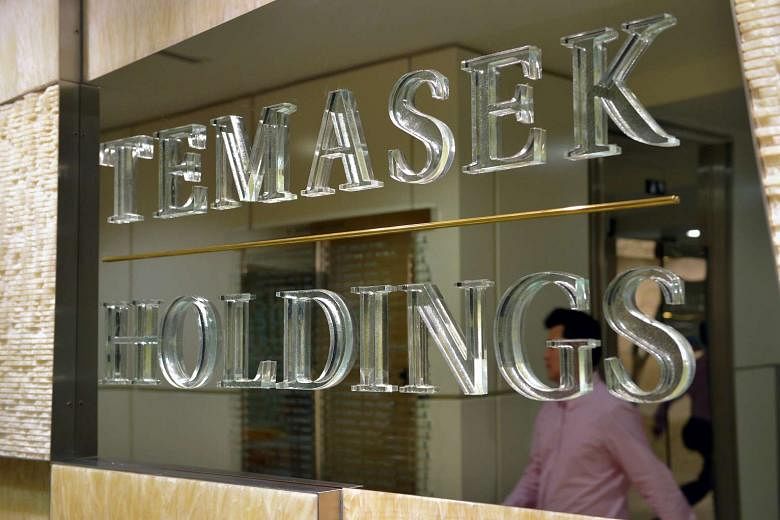Singapore investment firm Temasek Holdings has racked up paper losses on its investments in banks and energy companies amid the global economic turmoil.
Deepening pressures within the banking industry, for instance, have taken a toll on the companies in the financial services sector that Temasek has invested in. With crude prices down more than 70 per cent - at dismal levels of US$34 a barrel - Temasek's picks in the energy and services sector, comprising 5 per cent of the firm's portfolio, have also not been spared the bloodbath that has affected the industry worldwide.
For CIMB Private Bank economist Song Seng Wun, Temasek's paper losses are hardly surprising.
"With the kind of market conditions we have now, every investor, big or small, will inevitably be hit," he said, adding that even Norway's sovereign wealth fund - the world's largest by assets - suffered its biggest quarterly loss in four years during the third quarter last year.
Among Temasek's financial services investments is Standard Chartered, which on Wednesday reported its first annual loss since 1989.
The market capitalisation has gone from £27 billion (S$54 billion) as at March 31 last year to £13.1 billion. The latest Temasek annual review puts its stake at 18 per cent.
Canadian oil sands company MEG Energy Corporation stood out among Temasek's investments in the energy and resources sector as the most heavily battered.
Its market capitalisation has slumped 79 per cent from C$4.58 billion (S$4.7 billion) as at March 31 last year to C$978.7 million as at Wednesday, while the stock has lost 45.8 per cent since the start of the year. Temasek's stake is about 5 per cent.
Another laggard was Spanish oil major Repsol, which made news recently over plans to sell €6.2 billion (S$9.7 billion) in assets and cut investments by up to 38 per cent over the next five years.
Repsol's market cap stood at €13 billion, compared with the €23.83 billion as at March 31 last year. Temasek's stake is about 7 per cent.
Still, Mr Song said the losses, as long as they are not realised, "serve more as a reminder of the importance of managing the portfolio well for the longer run".
"Both banks and energy companies are part of what we see as 'essential sectors' to the economy, so Temasek's investment focus on these key sectors will remain," he said. "But in the near term, they will certainly be focusing on companies that are structurally and fundamentally strong enough to withstand the current downshift. They have to ensure their investments are able to ride this out."
Temasek, in its review last year, said: "We may choose to invest, divest or remain in cash, depending on our view of the cycle. Our capital structure allows us to take a view on long-term trends, and weather the cycles of short-term volatility."


